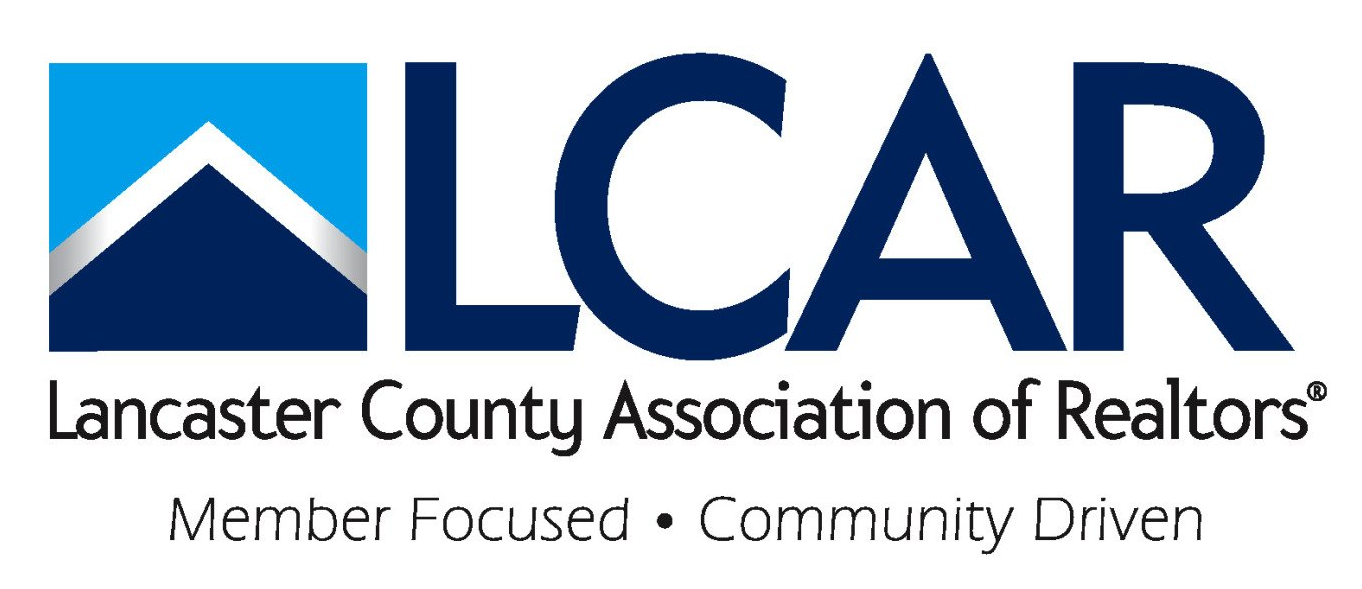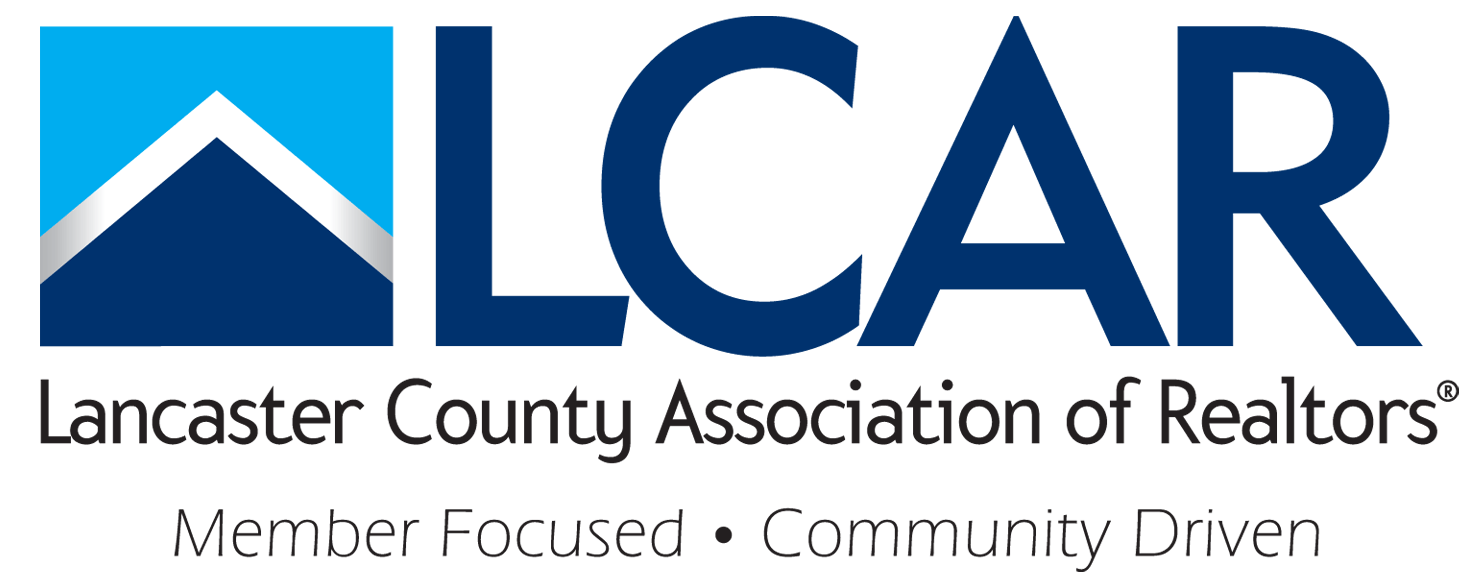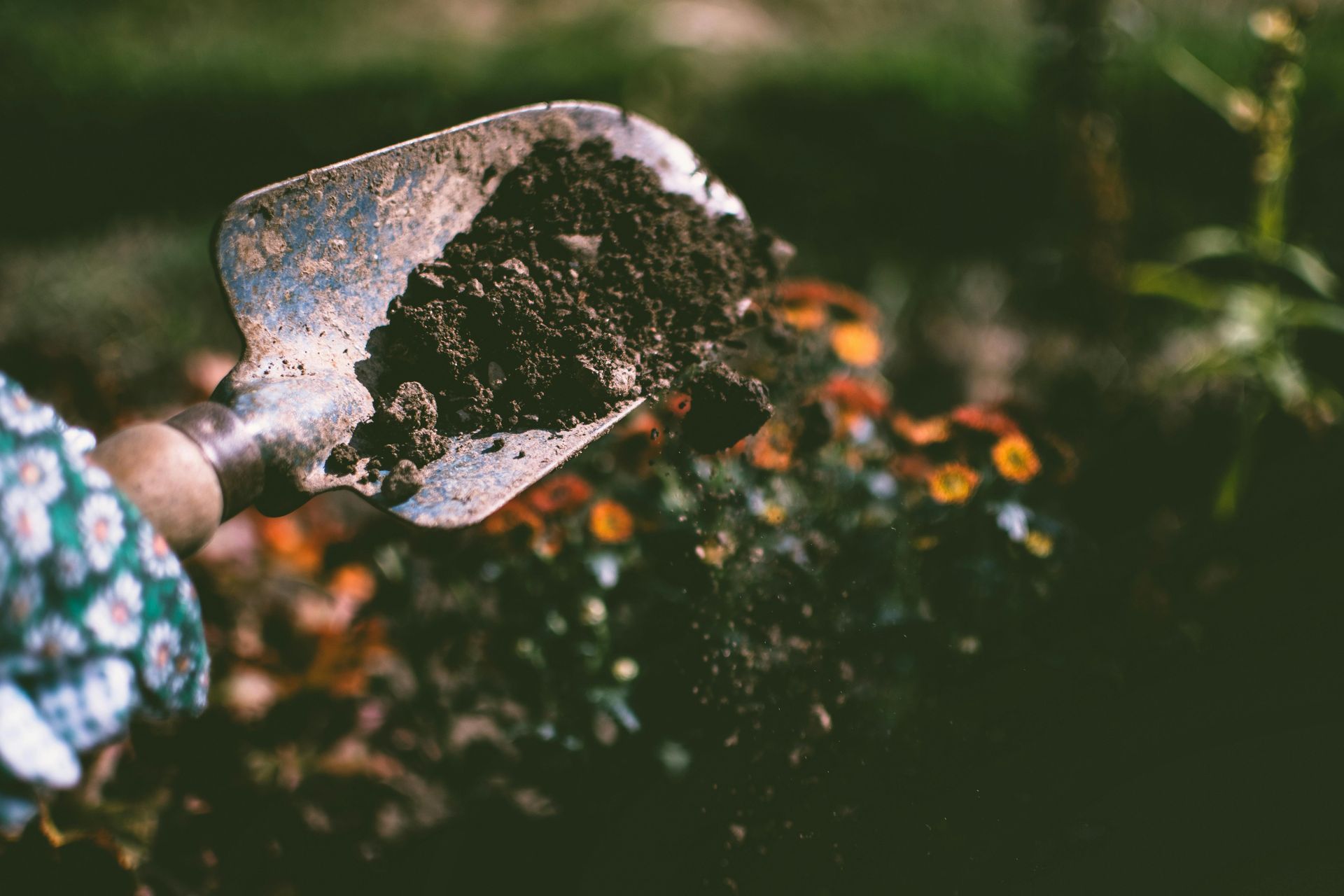MAWSA Water/Sewer Connection Surveys


When selling a home where Manheim Area Water and Sewer Authority (MAWSA) supplies public water or public sewer service, a survey is required before closing can occur. The purpose of the survey is to ensure that the water and/or sewer service components meet MAWSA standards. A MAWSA survey is not a home inspection. Even if a buyer waives all contingencies, MAWSA still requires the survey. In instances where the survey isn't completed prior to closing, MAWSA escrows $3,000 on the seller's side of the settlement sheet until a passing survey can be completed. The settlement company handles the escrow.
MAWSA provides water to Manheim Borough as well as portions of Penn Township and Rapho Township. MAWSA also provides sewer service to Manheim Borough and a portion of Rapho Township.
A MAWSA surveyor makes a quick visit to the property to document the water meter's installation, whether a dual check valve is installed in the proper location and whether shutoff valves exist in the proper places upstream and downstream of the water meter. A dual check valve is used to prevent possible backup of the home's water back into the utility's system which could lead to system contamination. Shutoff valves isolate the water meter should it need to be serviced or replaced. The surveyor also checks to ensure that there are no leaks from the water meter or the adjacent shutoffs, as well as making sure the water supply line into the building is either copper or another approved material. The water meter should also generally be located with five feet of the home's foundation.
In cases where there is lead or steel pipe or fittings in the water supply line adjacent to the water meter, MAWSA requires that these be upgraded to modern approved materials such as copper. Also, if a dual check valve isn't installed (or is located in the wrong location) or one or more shutoff valves are missing, repairs are required before the survey can be signed off as a "pass".
If MAWSA also provides sewer service to the property, the surveyor will also need to visually confirm whether a sump pump discharges into the sewer line, as well as if a floor drain is connected to the sewer line. Sump pumps should discharge water only to grade outside the home so as to not add additional water to the sewer system. Basement floor drains can potentially back up in the home if there is an issue with the sewer line, so MAWSA wants these sealed closed.
In basements with finished wall or ceiling coverings, tracing sump pump drain pipes can be rather difficult or next to impossible if they don't run directly outside from where the sump pit is located. The surveyor does not move the homeowner's personal property (shelving, stored items, appliances, etc.) nor does he move ceiling or wall coverings or insulation to access the water meter or any of its components or to trace sump pump drains, for example. It is up to the property owner to provide safe unobstructed access for the survey to occur. The water meter, shutoff valves and the check valve should each be fully accessible and should not be located behind a fixed wall covering or behind an access panel that is too small to fully access all components.
The settlement company or lawyer handling the closing is normally the party ordering the survey with MAWSA although the property owner or their Realtor may also order the survey. The survey should be ordered at least 10 days prior to settlement so the survey can be performed and any repairs, if needed, can be completed in time so that closing isn't delayed.
Once MAWSA sends the survey order to the surveyor, he will then contact the party listed on the work order (normally either the property owner of record or their Realtor, should that information be provided by the party ordering the survey with MAWSA) to schedule the survey appointment.
The onsite survey generally only takes a few minutes, and the surveyor will need access to the basement and/or other area where the water meter exists and where the sewer line exits the building in order to take a water meter photo and document the above-mentioned items.
After the survey is performed, the surveyor submits the report back to MAWSA. Should the survey fail, MAWSA will then inform the contact person of record or their settlement company to let them know specifically why the survey failed. Any questions about the survey should go directly to MAWSA, not to the surveyor.
Also, MAWSA doesn't dictate who pays for any needed repairs as it is up to the buyer and seller and their Realtors to work out those details, but the repairs should be performed by a licensed plumber. Repairs are required before a second survey visit can occur to confirm that the repairs were completed, and MAWSA will be updated that the property's survey is now a 'pass'.
MAWSA charges a fee to the property owner for the transfer of the water or water/sewer account which is generally paid at closing, and the cost of the survey is included in this fee. If additional visits are needed for a passing survey -- such as to confirm a repair has been made or if access isn't provided into the home after an appointment was confirmed with the homeowner or their Realtor -- an additional fee is charged to the property owner by MAWSA and paid at closing.
Facts, opinions and information expressed in the Blog represent the work of the author and are believed to be accurate, but are not guaranteed. The Lancaster County Association of Realtors is not liable for any potential errors, omissions or outdated information. If errors are noted within a post, please notify the Association. Posts represent the author's opinion and are not necessarily the opinion of the Association.












